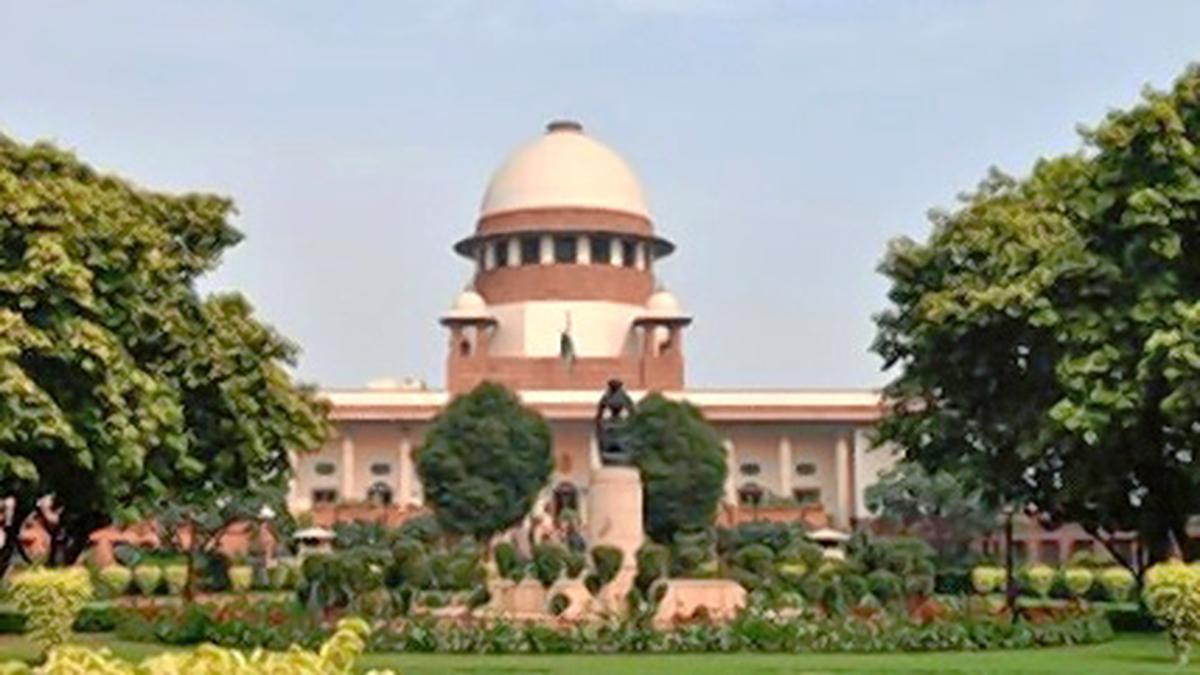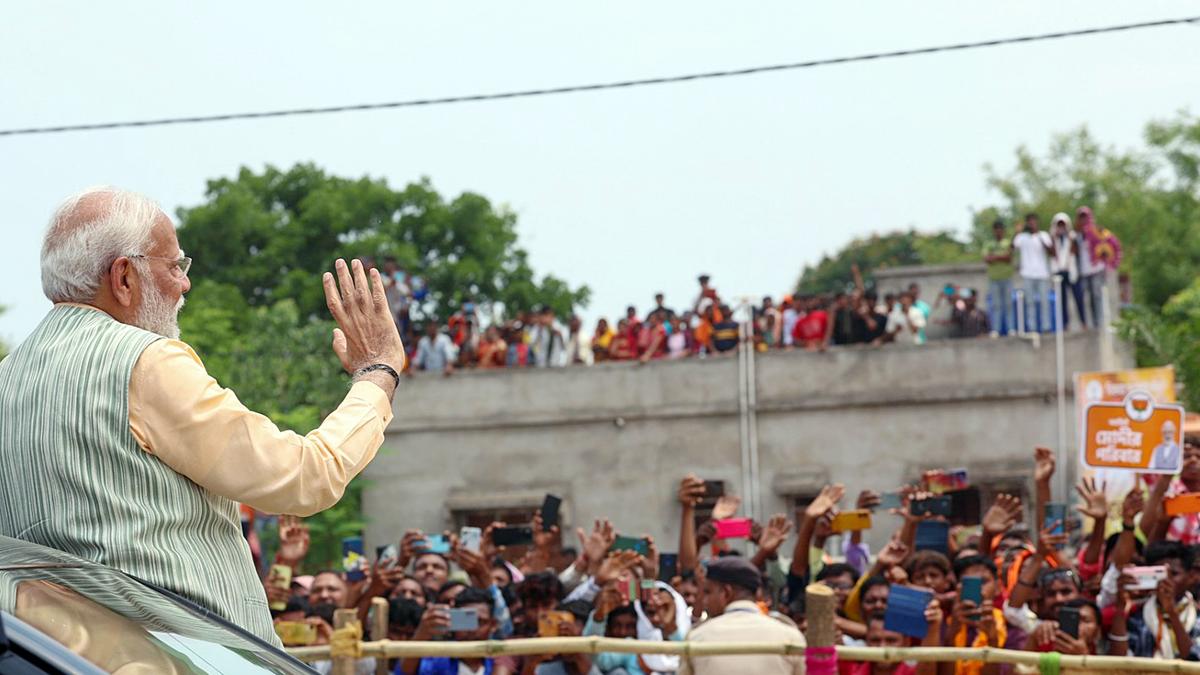The business of selling liquor and all activities associated with it are res extra commercium (excluded from the ambit of the constitutional right to carry on any trade or business), and therefore none, including Tamil Nadu State Marketing Corporation (Tasmac), which holds a monopoly in liquor sales, can have any legitimate expectation from the business, the Madras High Court has ruled.
Justices N. Sathish Kumar and D. Bharatha Chakravarthy said: “Tomorrow, if the State decides to implement the prohibition in full, nobody can claim any legitimate expectation. The petitioners, the bar contractors, or the respondent corporation can never have any legitimate expectation that people would subject themselves to the ill habit of drinking and that they would derive revenue out of it.”
The observations were made while disposing of a batch of writ petitions filed by individuals who had been granted licences to collect empty liquor bottles from retail shops in Coimbatore and Perambalur districts. The empty bottle buyback scheme had been introduced on court directions to prevent the bottles from getting scattered in agricultural lands, water bodies, garbage bins, and so on.
The petitioners had challenged the tender notifications issued by Tasmac recently for the collection of empty bottles from the bars attached to the liquor shops. They claimed that their revenue would be affected if Tasmac opened new bars next to existing retail shops and permitted the successful tenderers to collect the empty bottles left behind by customers who chose to consume alcohol in those bars.
The Bench rejected their plea and refused to interfere with the tender notification. However, it found that Tasmac was following two different methods for implementing the empty bottle buyback scheme. Under the scheme, implemented on a pilot basis in Coimbatore and Perambalur districts, customers had to pay ₹10 over and above the maximum retail price, while purchasing the bottles from the retail shops.
Special stickers were stuck on the bottles sold in these two districts for easy identification, and the additional amount of ₹10 was refunded only on the return of the empty bottles. Those who purchase the bottles and walk out of the retail shops to consume the alcohol either at their homes or other places were allowed to return the empty bottles at the retail shops in order to get a refund.
On the other hand, customers who choose to consume liquor at the bars attached to retail shops had been given the option of handing over the empty bottles to the bar tenderers, who would refund ₹10 per bottle to the customers and get the money reimbursed by the retail shops at the end of every day after handing over the stickers alone but retaining the empty bottles to be sold at their own will.
Since the writ petitioners before the court had claimed that there was a possibility of misappropriation of the additional amount of ₹10 per bottle with the active collusion of the bar tenderers and retail shop administrators, the Division Bench ordered that the reimbursement to the bar tenderers at the end of every day must be paid only through bank transfer and not in cash.
They also recorded the submission of Tasmac that it shall soon dispense with the practice of affixing stickers to the liquor bottles and instead introduce a bar code system in order to ensure that there was no scope for any irregularity.

 5 months ago
80
5 months ago
80



